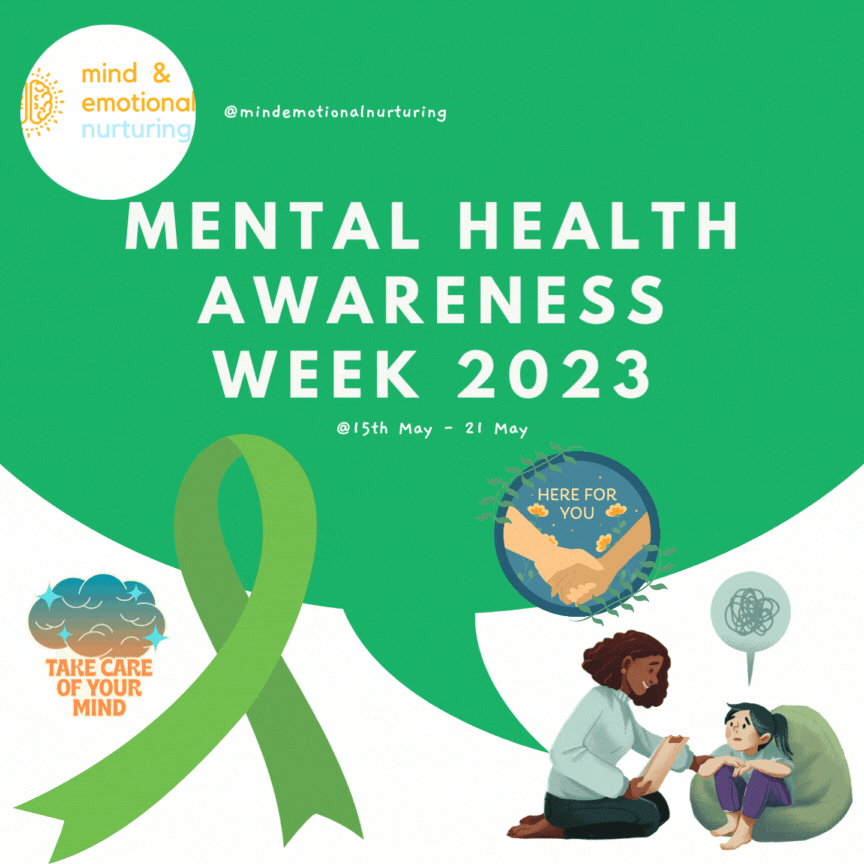
As discussed in the previous blog, mind-emotional nurturing is crucial in supporting positive mental health and emotional well-being. But why is caring for your young minds and emotions so important? Reflecting on a childhood experience, I vividly remember my grandmother's wise words: "I am not going to beat you; what will beat you is inside you." She was referring to the power of our own minds and emotions. This insightful statement holds valuable lessons about the significance of nurturing our mental and emotional well-being. In this blog, I will explore the benefits of caring for your young minds and emotions and the potential consequences of neglecting them.
Benefits of Nurturing Your Mind and Emotions
Reflect and Make Corrections: When you nurture your mind and emotions, you develop the ability to reflect on your thoughts, feelings, and actions. This self-reflection empowers you to recognize areas where you may need to make corrections or adjustments. By accepting your emotions and loving yourselves, you become better equipped to let go of unhelpful thinking patterns and behaviours. You are easily finding resolutions that foster personal growth.
Love and Accept Yourself: Caring for your mind and emotions allows you to cultivate self-love and acceptance. Instead of being your own harshest critic, you can learn to treat yourselves with kindness and compassion. This shift in perspective promotes a healthy self-image and boosts your overall well-being.
Solve Issues and Make Better Choices and Realistic Decisions: Nurturing your mind and emotions equips you with the skills to solve problems effectively and make informed, realistic choices. By developing a growth mindset, you become more open to learning, listening, and gaining insights. This mindset enables you to approach challenges with resilience and find balanced solutions.
Cultivate Balance and Understanding: Caring for your mind and emotions encourages you to seek balance and develop a deeper understanding of yourself and others. You become more considerate, compassionate, and empathetic. By cultivating this mindset, you will foster healthier relationships and contribute to a more harmonious world.
Consequences of Neglecting Your Young Mind
For many individuals, adolescence can be a challenging time. The pressures to fit in socially, excel academically, and navigate relationships can lead to stress, anxiety, self-doubt, and other mental health issues.
Neglecting to care for your young mind allows it to work against you rather than for you, period!
It becomes an internal bully, flooding your thoughts with negativity. Feelings such as confusion, guilt, disappointment and other unpleasant emotions become familiar mind patterns.
Stop and ask yourself? What will change if nothing changes? Guess what? Nothing? And you will only produce more of the pattern of thoughts and emotions that you create. You are never too young to start caring for your own mind and emotions.
Caring for your young mind and emotions is of utmost importance. By nurturing your mental and emotional well-being, you unlock numerous benefits that support personal growth, self-acceptance, problem-solving, and balanced relationships. Remember, neglecting your mind can have adverse consequences, leading to inner turmoil and hindered personal development. Embrace the power of mind-emotional nurturing and embark on a journey of self-discovery, self-compassion, and resilience. By doing so, you lay a strong foundation in strengthens in self-care and confidence in life.

.png)






